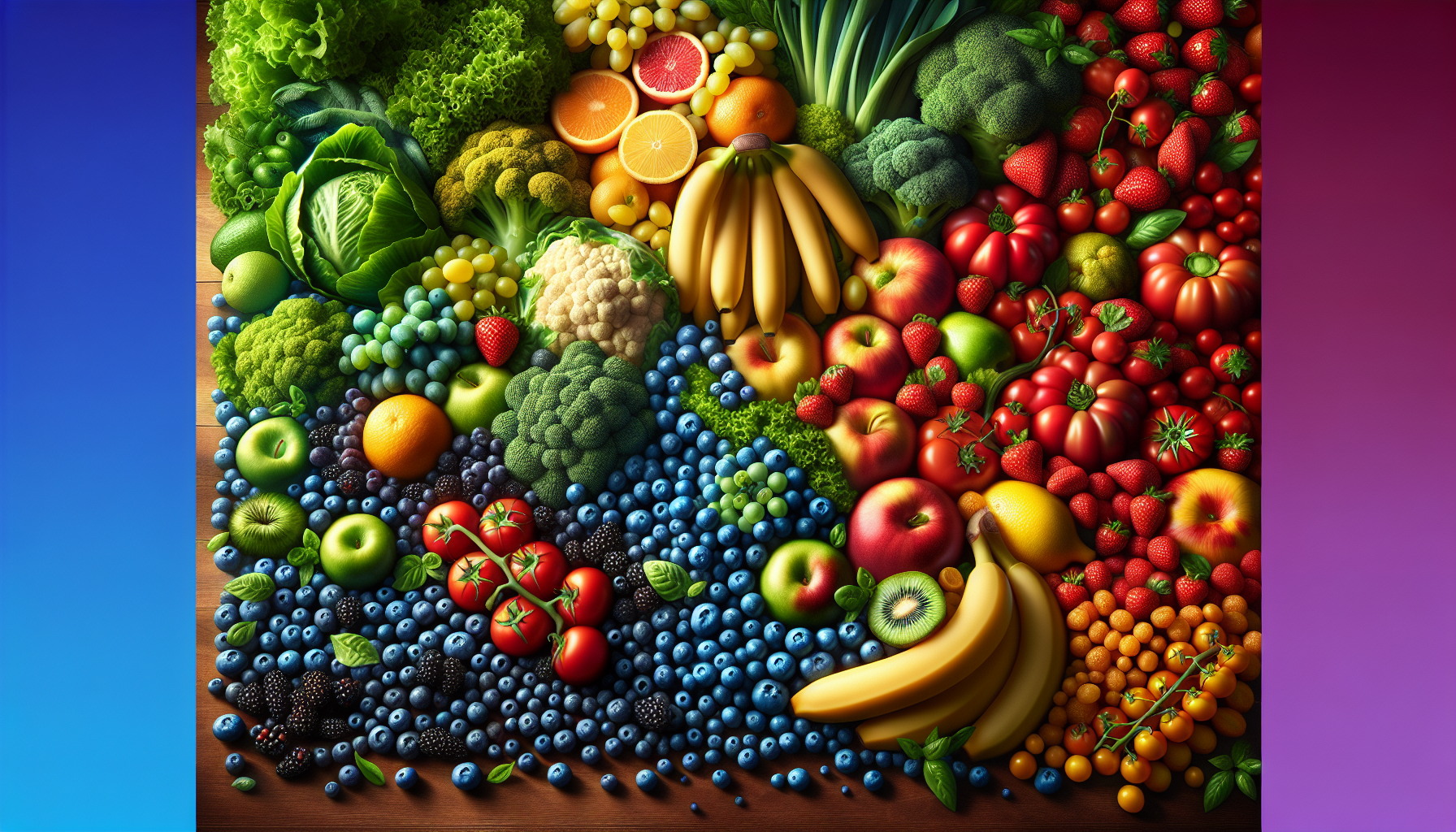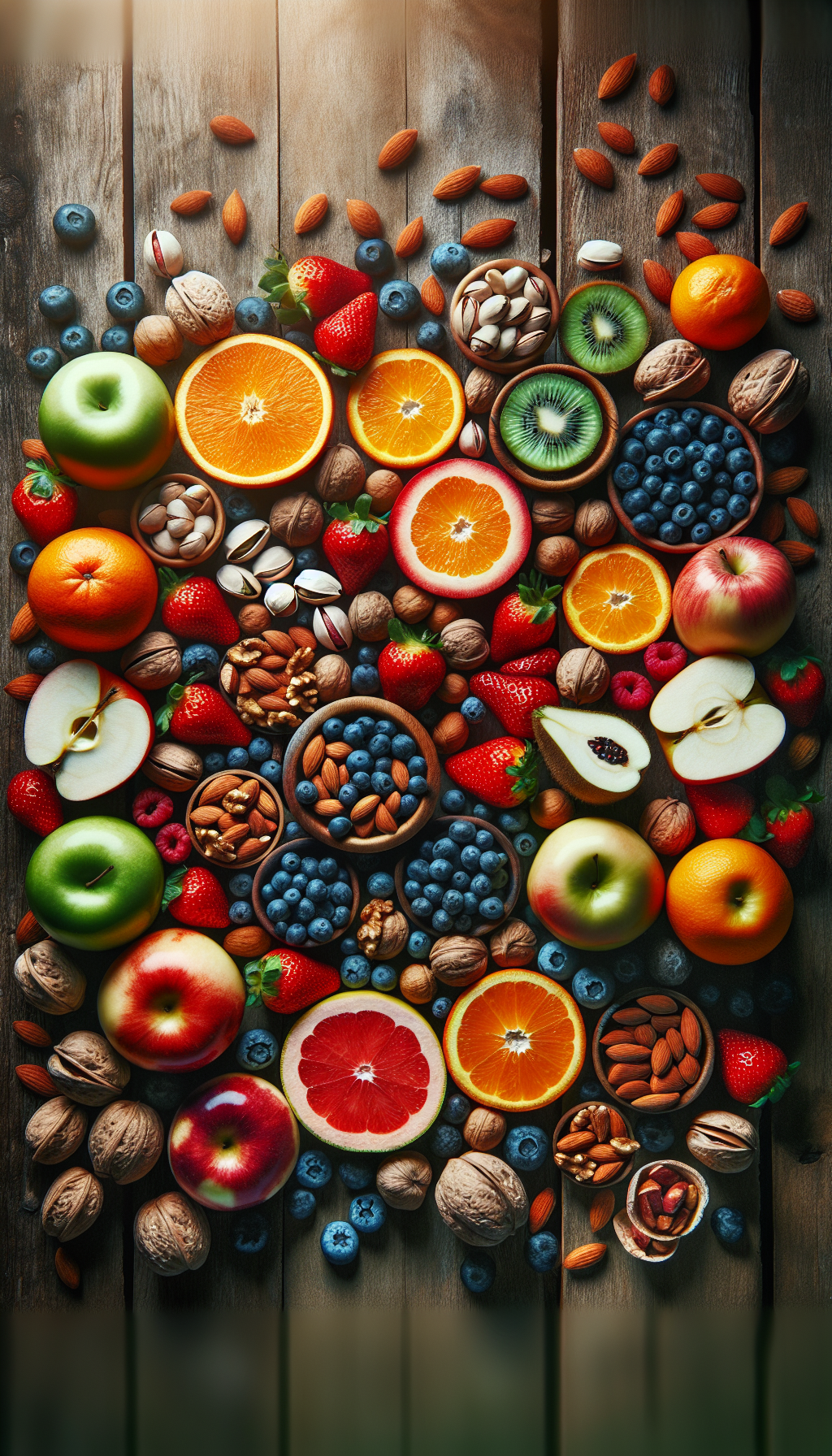Our skin is not just an external covering; it’s a reflection of our internal health, acting as a canvas that often illustrates our dietary habits. The adage "you are what you eat" holds particularly true when it comes to skin health. Over time, the foods we consume can either nourish and protect our skin or contribute to its deterioration. In this comprehensive exploration, we will delve into the complex relationship between diet and skin health, providing insights and actionable advice to help you maintain a radiant complexion through nutritional choices.
The Nutrient-Skin Connection
The skin requires a plethora of nutrients to maintain its structure, elasticity, and vibrancy. Vitamins such as A, C, E, and D play pivotal roles in skin health, alongside minerals like zinc and selenium. Omega-3 fatty acids are also essential for managing inflammation, which can affect skin appearance. A diet rich in fruits, vegetables, lean proteins, and healthy fats provides these crucial nutrients, supporting the skin’s ability to repair itself and stave off signs of aging.
Antioxidants: The Skin’s Shield
Antioxidants are the skin’s guardians, protecting it from oxidative stress caused by free radicals. Foods high in antioxidants, such as berries, dark leafy greens, and nuts, can help prevent the breakdown of collagen and elastin—proteins essential for skin’s firmness and elasticity. Regular consumption of antioxidants can also mitigate the effects of sun exposure, pollution, and other environmental stressors that accelerate aging.
Hydration: The Foundation of Supple Skin
Water is the essence of life and the foundation of supple, hydrated skin. Dehydration can lead to a dull, lifeless complexion and exacerbate the appearance of fine lines. Incorporating water-rich foods like cucumbers, tomatoes, and watermelon into your diet, along with drinking ample water, ensures your skin remains hydrated from the inside out.
The Gut-Skin Axis
The health of our digestive system is intrinsically linked to our skin’s condition—a concept known as the gut-skin axis. An imbalanced gut microbiome can trigger inflammation, which may manifest as skin issues like acne, eczema, or psoriasis. Foods that promote a healthy gut, such as fiber-rich plants and probiotic foods, can therefore enhance skin health. For more insights into digestive health and its impact on the skin, visit Digestive Health.
Dietary Culprits: What to Avoid
Just as some foods can bolster skin health, others can be detrimental. High-glycemic foods, for example, can trigger hormonal fluctuations and inflammation, leading to breakouts. Processed foods, excessive sugar, and unhealthy fats can also undermine skin health. Over time, these dietary choices can contribute to a lackluster complexion and premature aging.
The Sugar-Skin Saga
Sugar’s role in skin health is particularly notorious. It contributes to a process called glycation, where sugar molecules attach to proteins like collagen, leading to stiffness and loss of elasticity. Reducing sugar intake is not only beneficial for overall health but can also help maintain youthful, resilient skin.
Holistic Approaches to Skin Care
A holistic approach to skin care acknowledges the role of diet while also considering other factors like stress management, sleep quality, and skin care routines. Implementing a balanced lifestyle, along with a diet rich in skin-friendly nutrients, creates a comprehensive strategy for maintaining skin health over time.
Sleep and Skin: The Regenerative Link
Sleep is a time for the body to repair and regenerate, and this includes the skin. Poor sleep quality can lead to increased signs of aging and slower recovery from environmental stressors. To understand more about the connection between sleep and skin health, you might explore The Impact of Sleep Quality on Skin Aging and Rejuvenation.
Topical Nutrients: Complementing Diet for Skin Health
While diet is critical, topical application of nutrients can also be beneficial. Products containing vitamins A (retinoids), C, and E can complement dietary efforts to improve skin health. Skincare technologies have evolved to enhance the delivery of these nutrients directly to the skin. Discover more about these advancements in Innovative Skin Care Technologies and Their Benefits.
Supporting Research and Further Reading
To expand your understanding of the diet-skin connection, several niche resources provide in-depth knowledge:
- An academic study exploring the impact of diet on skin aging and acne.
- The Skin Health and Nutrition report, which delves into specific nutrients and their skin benefits.
- A comprehensive guide by the Linus Pauling Institute on the role of micronutrients in skin health.
These resources offer a wealth of information for those seeking to make informed decisions about their diet and skin health.
Long-Term Benefits of a Skin-Healthy Diet
Adopting a diet that supports skin health can lead to long-term benefits beyond a glowing complexion. It can also contribute to reduced inflammation, better immune function, and overall well-being. As with any lifestyle change, patience and consistency are key. The skin’s renewal process takes time, and dietary impacts may take weeks or months to become apparent.
Conclusion
Your diet plays a foundational role in the health and appearance of your skin over time. By focusing on nutrient-dense foods, staying hydrated, and avoiding dietary pitfalls, you can support your skin’s natural ability to rejuvenate and protect itself. Coupled with a holistic approach to lifestyle and targeted skin care practices, you can enjoy a radiant, healthy complexion for years to come.
Embracing a skin-healthy diet is an investment in your skin’s future, and the rewards are not just skin deep—they resonate with your overall health and vitality. Start making conscious choices today, and watch your skin thank you with its enduring beauty.



